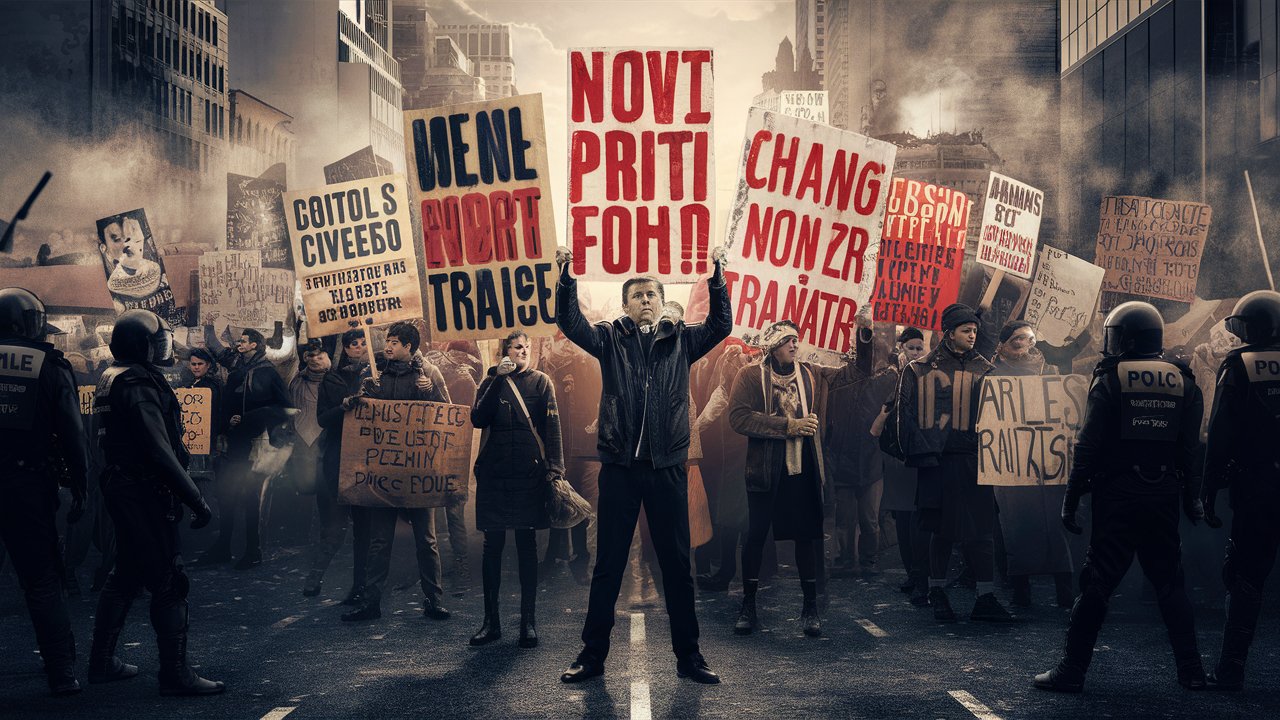8. Ideologies thrive on the notion of resistance, yet change is a simulation. 2017

Ideologies thrive on the notion of resistance, yet change is a simulation. 2017
Ideologies are complex systems of thought that attempt to explain and justify social, economic, and political structures. Many ideologies, such as socialism and liberalism, are based on the idea of resistance to the status quo and a desire to create change. However, the concept of change is often difficult to achieve in practice, and the process of change can be slow and incremental. In this essay, I will explore the relationship between ideologies, resistance, and change, and argue that change is often a simulation rather than a radical transformation.
Ideologies and Resistance
Ideologies often thrive on the notion of resistance, as they seek to challenge and transform existing power structures. For example, Marxist ideology is based on the idea of class struggle and the need to overthrow the bourgeoisie in order to establish a socialist society. Similarly, feminist ideology seeks to challenge patriarchal norms and structures in order to create a more equal society. These ideologies are based on the idea that resistance is necessary to create change and that social transformation cannot be achieved without a concerted effort to challenge existing power structures.
Change as Simulation
However, the concept of change is often more complex than simply challenging existing power structures. Change is a simulation because the process of transformation is often slow and incremental, and it is often difficult to achieve radical transformation without compromising on some of the core principles of the ideology. For example, socialist movements in Europe in the 20th century often faced the challenge of trying to create social transformation within the existing structures of democracy and capitalism. Similarly, feminist movements often had to navigate the complex terrain of gender politics in order to create meaningful change within existing social and economic structures.
The Limits of Resistance
Resistance can also have its limits, as it can be difficult to sustain a movement over a long period of time. Ideologies that are based on resistance often struggle to maintain momentum and to create lasting change. Resistance can also be co-opted and commodified by existing power structures, as seen in the way that capitalist societies have co-opted the language and symbols of rebellion and resistance in order to sell products and services.
The Role of Pragmatism
Pragmatism is an important component of creating change, as it recognizes the need to work within existing structures and to compromise in order to achieve meaningful change. Pragmatism recognizes that change is often a slow and incremental process and that it is important to build coalitions and work collaboratively in order to achieve common goals. Pragmatism also recognizes the importance of compromise and negotiation in order to create lasting change.
Conclusion
In conclusion, ideologies thrive on the notion of resistance, yet change is often a simulation rather than a radical transformation. Resistance is an important component of creating change, but it is often difficult to sustain over a long period of time. Pragmatism is an important component of creating change, as it recognizes the need to work within existing structures and to compromise in order to achieve meaningful change. Ultimately, change is a complex process that requires a combination of resistance and pragmatism in order to create lasting transformation.
visit: https://scholarshipresort.com/